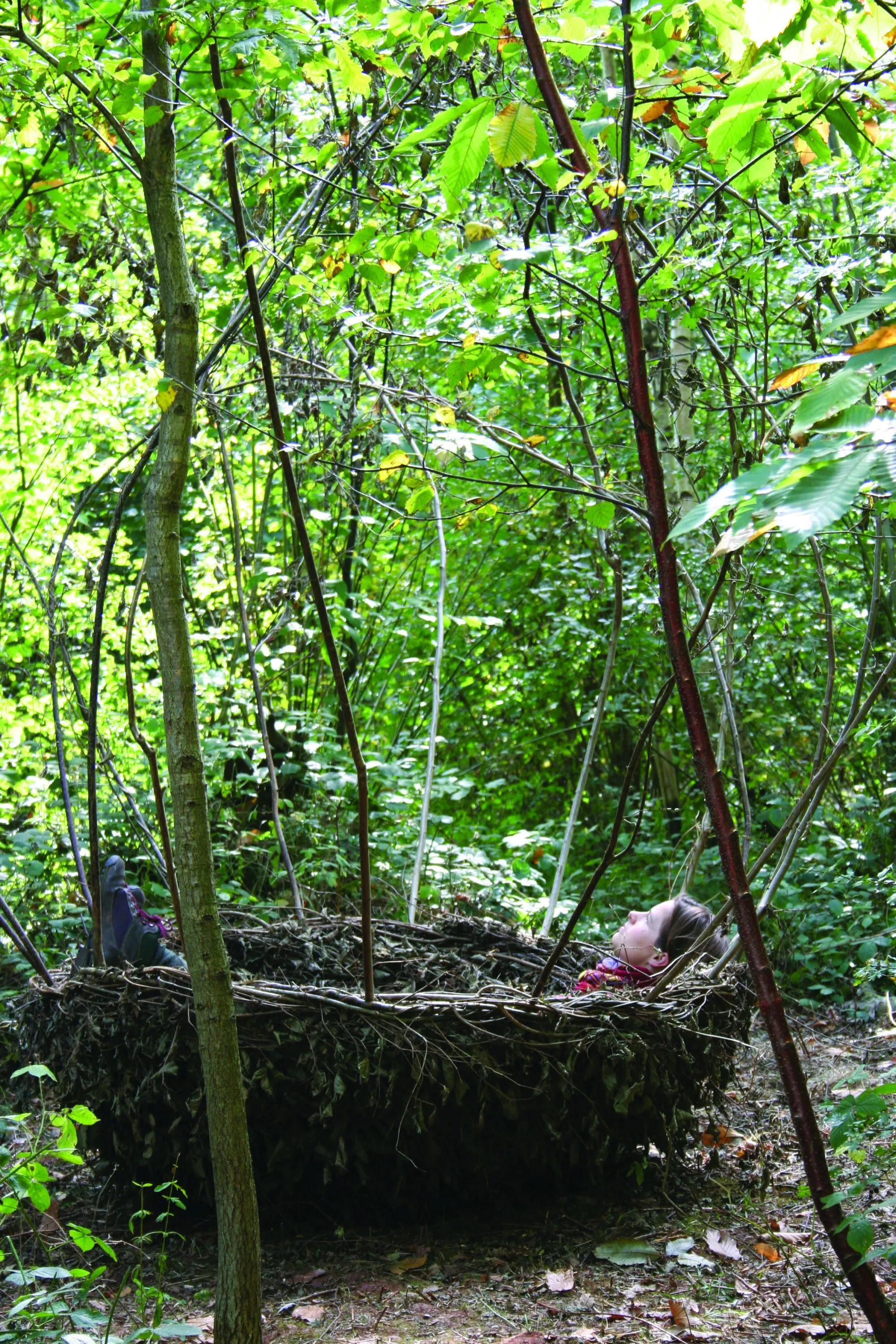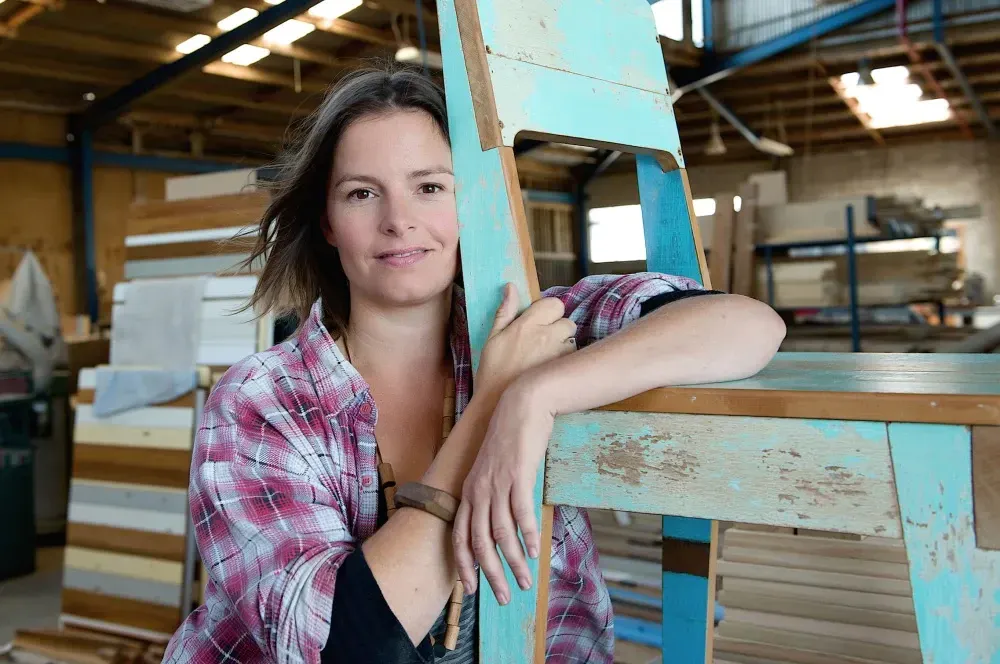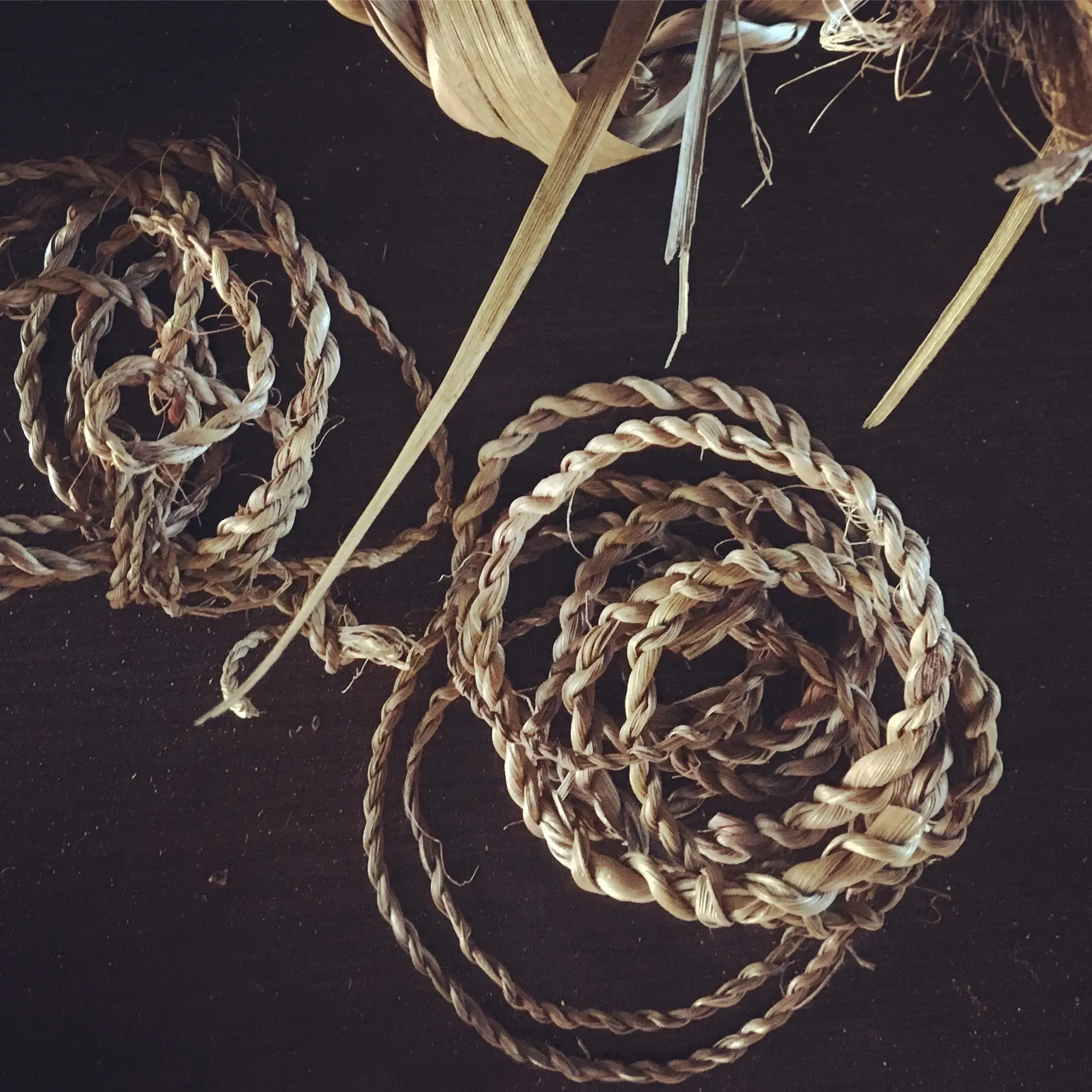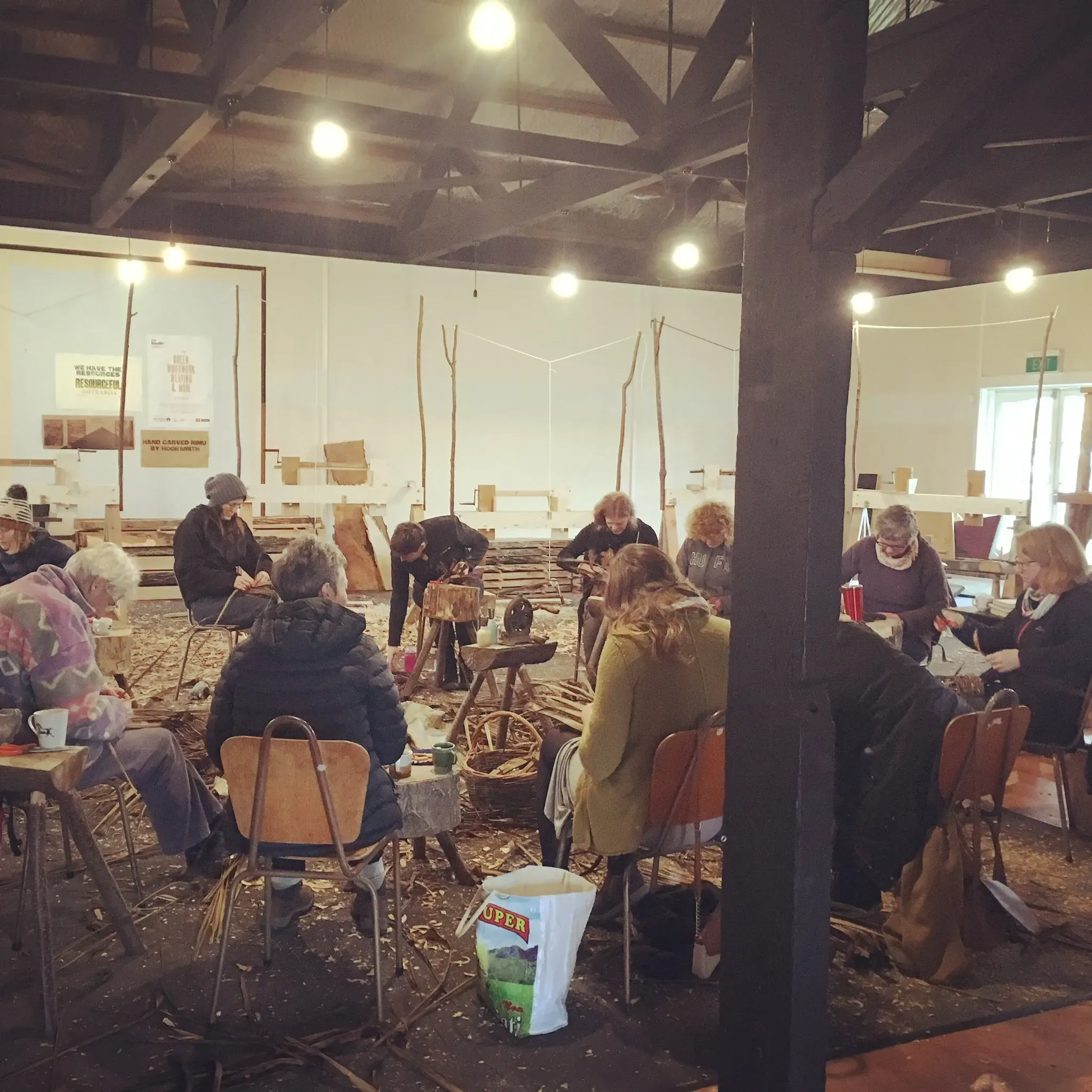Rekindling Resourcefulness
Written by

Rekindle (verb): revive (something lost or lapsed). Juliet Arnott is rekindling treasured crafts and traditions, and starting a resourcefulness movement with her social enterprise business Rekindle, and I like it.
I spoke with Juliet recently, and it was the most inspiring and thought-provoking conversation I’ve had in a very long time. It left me thinking about the state of the human race and the subsequent effects on the environment, and my own part in that very complicated puzzle. Very big thoughts for 3pm on a Friday afternoon.
An Occupational Therapist by trade, who has slowly evolved into a full time crafter, maker, and now teacher of resourcefulness, Juliet founded Rekindle in 2010. She saw the venture as an opportunity to address where the human race is at - working as an occupational therapist for 20 years and witnessing the loneliness and levels of social and physical conditions occurring in people’s lives, Juliet said forced her think about what’s missing and why we’re in these situations. “As a race, we’re living in such a compromised way.”
“There is an enormous need for people to feel purpose and meaning, so I create opportunities for people to feel this.”
Juliet’s first project was creating chairs crafted with reclaimed timber from skips and transfer stations. “I understood that the act of skillfully transforming this material through craft into new use would require an engagement with a breadth of traditional and local knowledge. This excited me as an occupational therapist, having seen time and again the therapeutic rewards of practical work.”
Juliet gained a lot of media attention with her Series I Chair at the time, and she said that being a small business with not a lot of start-up capital, everything happened a little too fast. While it looked to be a promising business venture - reusing waste materials, and crafting and selling beautiful furniture, it wasn’t a sustainable model – with the cost of production far outweighing a reasonable sale price.
While the project raised awareness about minimizing waste, Juliet said she learned a lot about the things she didn’t want to do!
“I didn’t set out to create things to covet – it wasn’t my intention. But I created just another thing to desire. It was great to wave the flag about minimization and reducing landfill waste – but in reality every one of those people who bought our chairs had a chair already – so it wasn’t minimizing anything.”
How do you gauge the true value of a chair? Juliet asks. She said the price started out at around $300, but she had to push it to $550 to meet the rising cost of production. Paying staff a living wage here in New Zealand, it is hard to compete with cheaply produced offshore imports, as Ohakune fashion designer Janelle Hinch has pointed out previously on The Big Idea.
“It raised a lot of valid concerns about the nature of craft as a ways of life, the nature of manufacturing, the nature of furniture making, and how we value labour, objects, and people’s work.”
We spoke about the impact of online retail, overseas importing, and even reality television and how that has skewed our perception of what things should cost, and what’s involved in producing something (be it a home renovation, a top-notch meal, or even recording a song – according to reality television, anyone can pull these things off, no training required).
This is a recurring theme in my conversations with artists – how we value creative outputs. Juliet goes even further though and questions how we value the earth and it’s resources.
“People are not connected to the value of the resources themselves. Which when you analyse that, tells you we’re not connected to the earth.”
So what’s the solution?
“Part of the answer is a difficult pill to swallow. We base our craft practice on what we earn through sales. Buying stuff doesn’t make us happy whether it’s beautifully crafted or not. We live in a consumer driven world, where consuming craft has even become problematic.“
Juliet invites craftspeople to find other ways to value what they do and its place in the world. “That’s why I do workshops,” she says. “What does the world need? Not more stuff. I’m purposefully not selling stuff – I’m selling opportunities to make and to learn.”
Based at Christchurch’s Ferrymead Heritage Park, Juliet is now in the business of teaching and sharing resourcefulness with her current project Resourceful Ōtautahi 2017, delivering a range of workshops in greenwood working and weaving.
“I’m creating opportunities through resourcefulness. This is the best way I can use my skills and my passion. I could do this for the rest of my life, it’s the right reality for me.”
I got to be thinking a lot about resourcefulness this winter, so my conversation with Juliet was very timely. Living remotely, a snowstorm resulted in no power, no flushing toilet, no hot water, no phone, and no internet for 10 days. I learned a lot about resourcefulness during that time, carrying and boiling water, and how to cook the contents of your freezer on a fire. Apart from the welling pressure of not being able to meet work demands, it was actually wonderful – life was slower and well thought out; we collaborated with our neighbours and shared our resources, and at the end of the 10 days, while relieved to have the convenience of clean hair and a hot shower, I thought sadly about how reliant on technology we are and in that process how un-resourceful and unpractical we have become.
Thinking about the concept of resourcefulness, Juliet said in the beginning she considered it simply as “the opposite state to wastefulness,” but that it has evolved into a much broader notion that addresses much more fundamental human needs - both on a practical level and on a psychological level where we can acknowledge our personal strengths and vulnerabilities and access our internal resourcefulness.
Juliet sees being resourceful as a crucial capability of humankind as it enables us to care for and meaningfully connect with our environment and each other. She regards unnecessary wastefulness as missed opportunities for the practice of resourcefulness.
“Living resourcefully helps us reduce our contribution to climate change by addressing our over-consumption and wastefulness. Feeling resourceful gives us a sense of inner resilience and strength, and this is essential for our mental health and well being.”
Juliet is currently working on broadening the workshops and developing a range of new activities for Ferrymead Heritage Park that focus on bringing to life old traditions in a way that’s relevant to today. She is also working on developing a resourceful skills festival in November next year.
To hear more from Juliet, click here to listen to her recent Pecha Kucha talk.
To find out more about her resourcefulness workshops (including a Resourceful Craft for Christmas workshop) click here.
Rekindle

